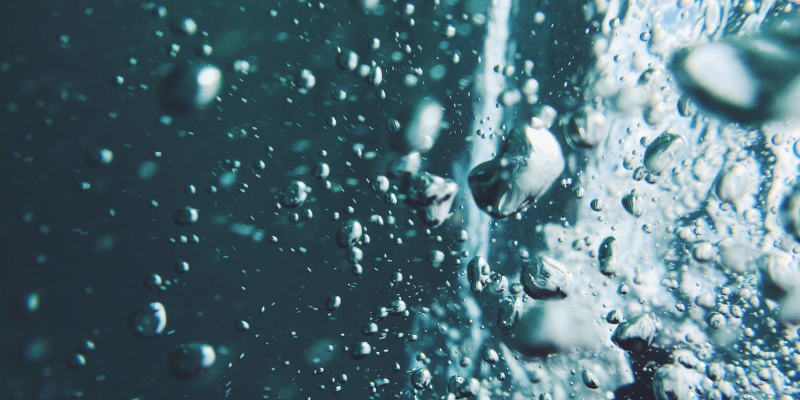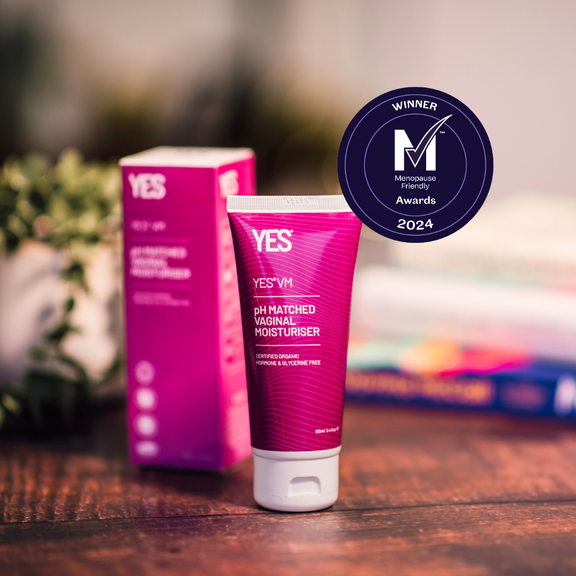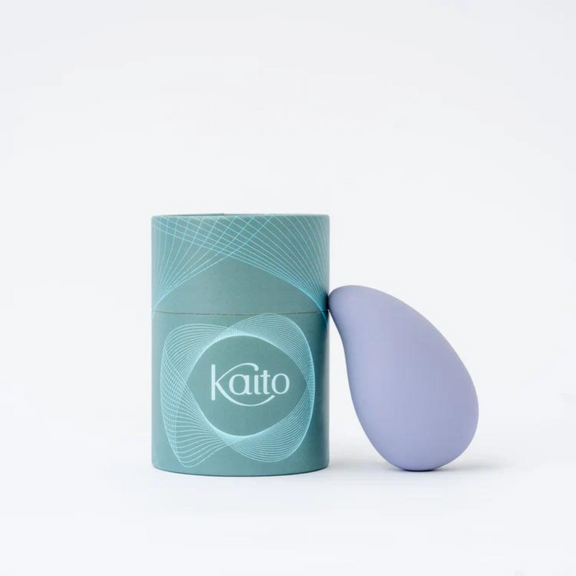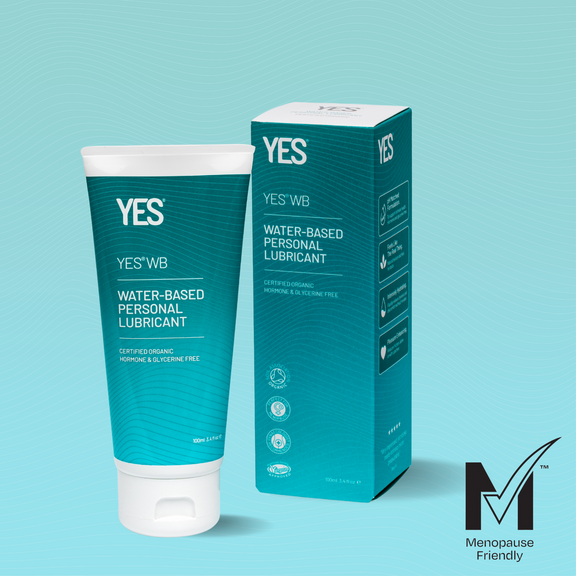The Importance of Vaginal Hydration in Menopause
Menopause is a natural phase of life that brings about significant changes, including hormonal shifts that can affect your vaginal health. One common concern is vaginal dryness, which can impact your comfort, sexual health and overall quality of life. Thankfully, there are steps you can take to support vaginal hydration and maintain optimal vaginal health.
Let’s explore the causes of vaginal dryness, why hydration matters, and practical solutions to help you feel your best.
Understanding Vaginal Dryness
Vaginal dryness is a common but often under-discussed symptom of menopause and perimenopause, affecting up to 50% of women during this stage of life [1]. It occurs primarily due to declining levels of oestrogen, a hormone that helps maintain the vaginal lining's moisture and elasticity.
Symptoms of Vaginal Dryness:
- Itching or burning
- Discomfort or pain during sex
- Irritation or dryness in daily activities
- Increased risk of urinary tract infections
These symptoms can interfere with physical comfort, intimacy and self-confidence, but understanding and addressing the condition can make a significant difference.
The Role of Hydration in Vaginal Health
Hydration plays a vital role in maintaining vaginal health both directly and indirectly. When your body is well-hydrated, tissues, including the vaginal lining, stay healthier and more supple. Conversely, dehydration can exacerbate vaginal dryness, leaving the area more prone to discomfort.
Good hydration supports your overall health by:
- Maintaining tissue integrity
- Promoting blood flow to the vaginal area
- Helping maintain correct vaginal pH
Practical Tips for Vaginal Hydration
Here are some tips that I recommend you make a part of your day-to-day routine. They are effective to help support vaginal hydration and overall vaginal health:
1. Hydration through water and diet
- Drink water consistently: We always hear this one but aim for at least 6-8 glasses of water daily to stay hydrated.
- Incorporate water-rich foods: Include hydrating snacks such as cucumber, watermelon, oranges and celery in your diet.
- Limit dehydrating substances: Reduce your intake of caffeine, alcohol and high-salt foods as these can worsen dehydration.
- Boost essential nutrients: Include foods rich in omega-3 fatty acids such as salmon, walnuts and flaxseeds. Plus foods with vitamin E such as almonds, avocado and spinach which will support tissue health.
2. Use Vaginal Moisturisers and Lubricants
- I recommend water-based vaginal moisturisers as they are excellent for restoring hydration in vaginal tissue. Look for products specifically designed for vaginal use and that are pH matched and gentle.
- For instant relief during sex use water-based lubricants that are free from irritants. These will provide hydration to the vagina but also have a natural texture and feel for when intimate.
3. Pelvic floor exercises
Strengthening your pelvic floor muscles improves blood circulation to the vaginal area which can enhance moisture levels and tissue health. Regular practice of Kegel exercises or using pelvic floor training devices can make a difference over time. There are a number of apps you can download to send you a reminder each day to do your exercises and also guide you through them, so there is no excuse!
4. Explore the benefits of vibrators
Using a vibrator can help stimulate blood flow to the vaginal tissues, which supports overall vaginal health and hydration. It’s a simple yet effective way to improve tissue elasticity and comfort. Another benefit of using vibrators is stimulating your libido, which can be impacted when going through menopause.
5. Additional Recommendations
- Avoid using soaps or douches in the vaginal area as these can strip natural moisture and cause an imbalance in your pH.
- Wear breathable, cotton underwear to prevent irritation and maintain a healthy environment.
- Stop smoking. Did you know that smoking can cause the onset of menopause to be earlier than those who do not? Meaning you may feel the effects of vaginal dryness at an earlier age if you smoke. [2]
When to seek help for vaginal dryness
Vaginal dryness can be treated at home. If suffering from itching or burning, or even the need to pee more often, as a first port of call try a vaginal moisturiser like YES®VM. As it will rehydrate the tissue and soothe any discomfort quickly, lasting up to 3 days. Also make sure that you are following the hydration tips above as that will also help to improve your symptoms. However, see a doctor if you have persistent dryness that doesn’t improve with moisturisers as they can offer personalised advice, suggest treatments such as vaginal oestrogen or rule out other conditions contributing to your symptoms.
Empower Your Vaginal Health
Vaginal dryness during menopause is a common issue, but it doesn’t have to compromise your quality of life. By staying hydrated, making lifestyle changes and using supportive products you can maintain your vaginal health and comfort.
Remember, you’re not alone! Many women experience these changes and there’s no shame in seeking help or discussing your concerns with a trusted healthcare provider.
Nigel Denby is the founder of Harley Street at Home, a community that specialises in supporting women through their menopause journey.
Resources






